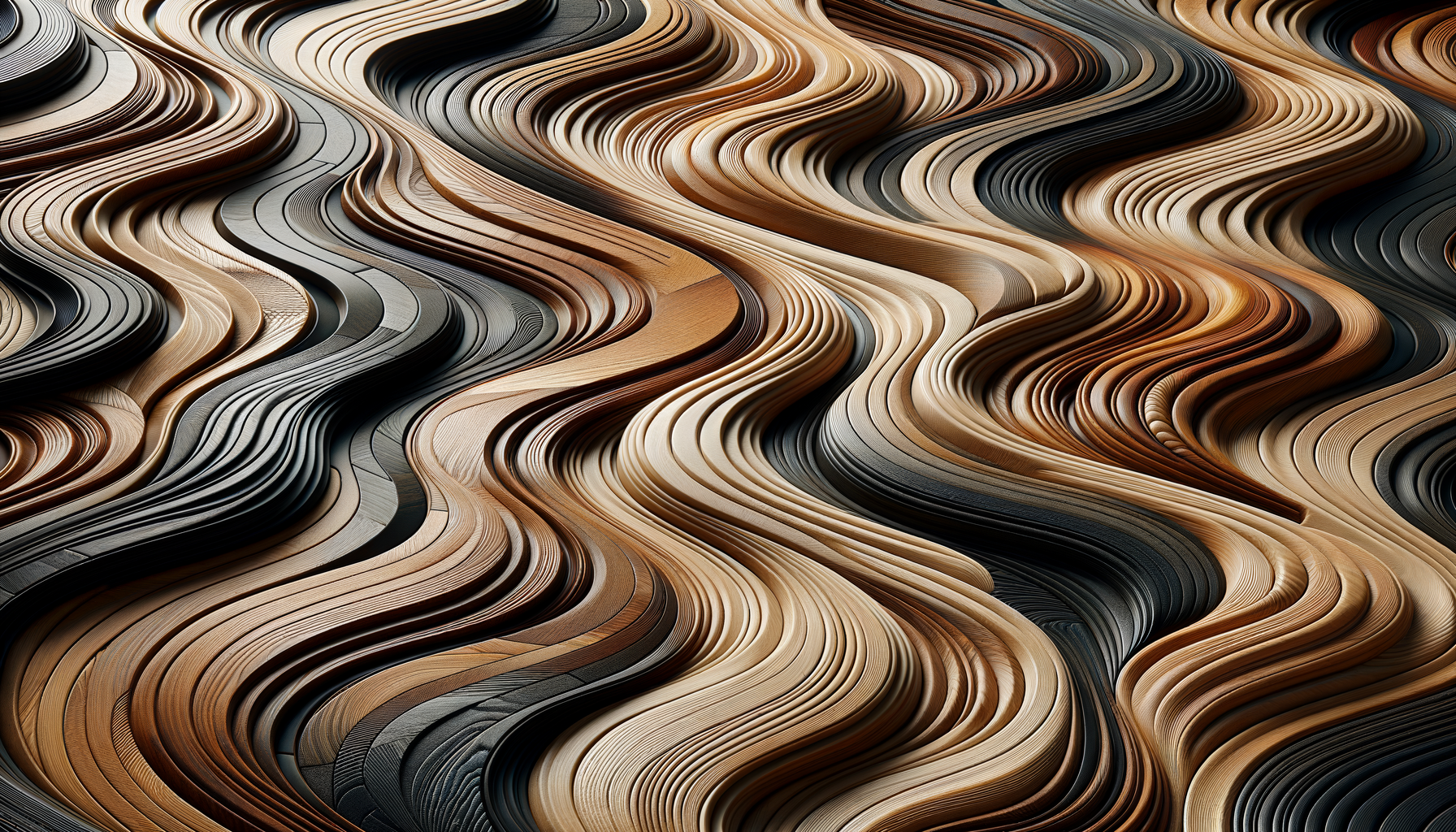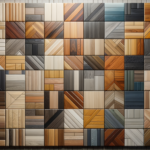The Beauty and Versatility of Hardwood Flooring
Hardwood flooring is renowned for its natural beauty and versatility. It can transform any room into a warm and inviting space. The range of wood types, finishes, and colors available allows homeowners to customize their floors to suit their personal style and the overall aesthetic of their home. Whether you prefer the rich, dark tones of walnut or the light, airy feel of maple, hardwood flooring offers options to match any design preference.
One of the key advantages of hardwood flooring is its ability to complement various interior styles. From traditional to contemporary, hardwood floors can seamlessly integrate into different design themes. This adaptability is a significant reason why many homeowners choose hardwood when renovating or building new homes.
In addition to its aesthetic appeal, hardwood flooring is also known for its durability. With proper care and maintenance, hardwood floors can last for decades, making them a worthwhile investment. Regular cleaning and occasional refinishing can keep the floors looking new and extend their lifespan significantly.
Types of Hardwood Flooring
There are several types of hardwood flooring, each offering unique characteristics. The most common types include solid hardwood and engineered hardwood. Solid hardwood is made from a single piece of wood, providing a natural look and feel. It can be sanded and refinished multiple times, which makes it a durable choice for high-traffic areas.
Engineered hardwood, on the other hand, consists of multiple layers of wood veneer. This structure provides enhanced stability and resistance to moisture, making it suitable for areas where solid hardwood might not be ideal, such as basements or kitchens. While engineered hardwood can also be refinished, it typically has a thinner surface layer, limiting the number of times it can be sanded.
When selecting hardwood flooring, it’s essential to consider factors such as the type of wood, grain patterns, and hardness. Hardwoods like oak, maple, and cherry are popular choices due to their durability and timeless appeal. Additionally, exotic woods such as Brazilian cherry and teak offer unique colors and patterns for those looking to make a statement.
Installation and Maintenance of Hardwood Floors
Installing hardwood flooring requires careful planning and execution. Proper installation ensures the longevity and performance of the floors. It’s crucial to acclimate the hardwood to the room’s temperature and humidity levels before installation to prevent warping or swelling.
There are several installation methods, including nail-down, glue-down, and floating. The choice of method depends on the type of hardwood and the subfloor material. Professional installation is often recommended to ensure the best results and to avoid potential issues such as uneven surfaces or gaps.
Maintenance of hardwood floors involves regular cleaning to remove dust and debris. Using a damp mop with a gentle cleaner can help maintain the floor’s finish. It’s also important to protect the floors from scratches and dents by using furniture pads and area rugs in high-traffic areas. Periodic refinishing can restore the floor’s original luster and address any signs of wear and tear.
Environmental Considerations and Sustainability
As environmental awareness grows, many homeowners are considering the sustainability of their flooring choices. Hardwood flooring can be an environmentally friendly option if sourced responsibly. Choosing wood from sustainably managed forests ensures that the material is renewable and that forest ecosystems are preserved.
Certification programs such as the Forest Stewardship Council (FSC) provide assurance that the wood used in flooring products is harvested sustainably. Additionally, some manufacturers offer reclaimed wood flooring, which repurposes wood from old buildings and structures, reducing the demand for new timber.
Hardwood flooring also contributes to indoor air quality, as it does not trap dust, allergens, or pollutants. This makes it a suitable choice for households with allergy sufferers or those looking to improve the air quality in their homes.
Cost Considerations and Investment Value
The cost of hardwood flooring can vary significantly based on factors such as the type of wood, finish, and installation method. While hardwood flooring may have a higher upfront cost compared to other flooring options, its durability and timeless appeal often make it a worthwhile investment.
Hardwood floors can add value to a home, often increasing its resale value. Potential buyers are typically drawn to the elegance and longevity of hardwood, making it a desirable feature in the real estate market.
When budgeting for hardwood flooring, it’s essential to consider not only the material costs but also the installation and maintenance expenses. Opting for high-quality materials and professional installation can ensure that the floors remain a valuable asset for years to come.








